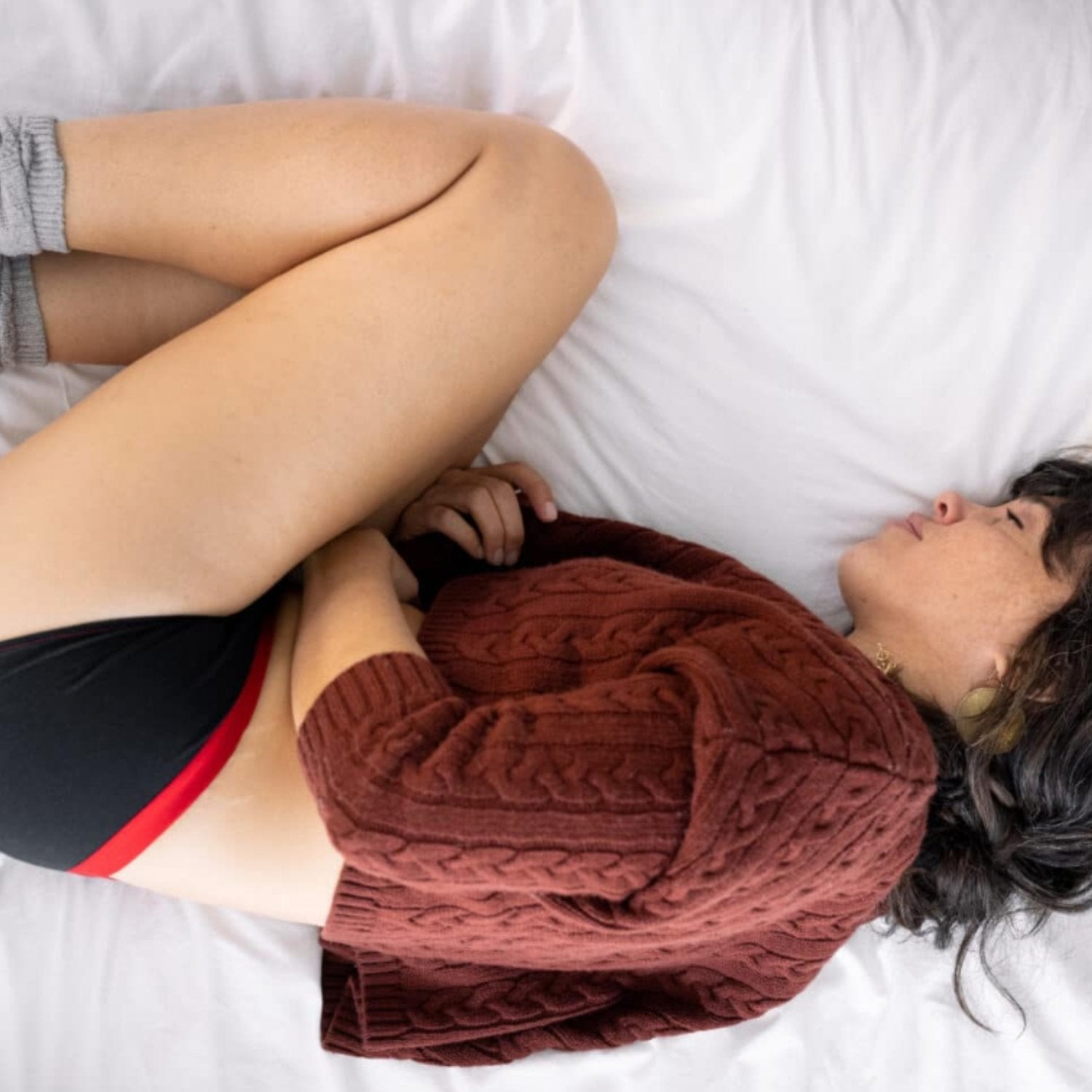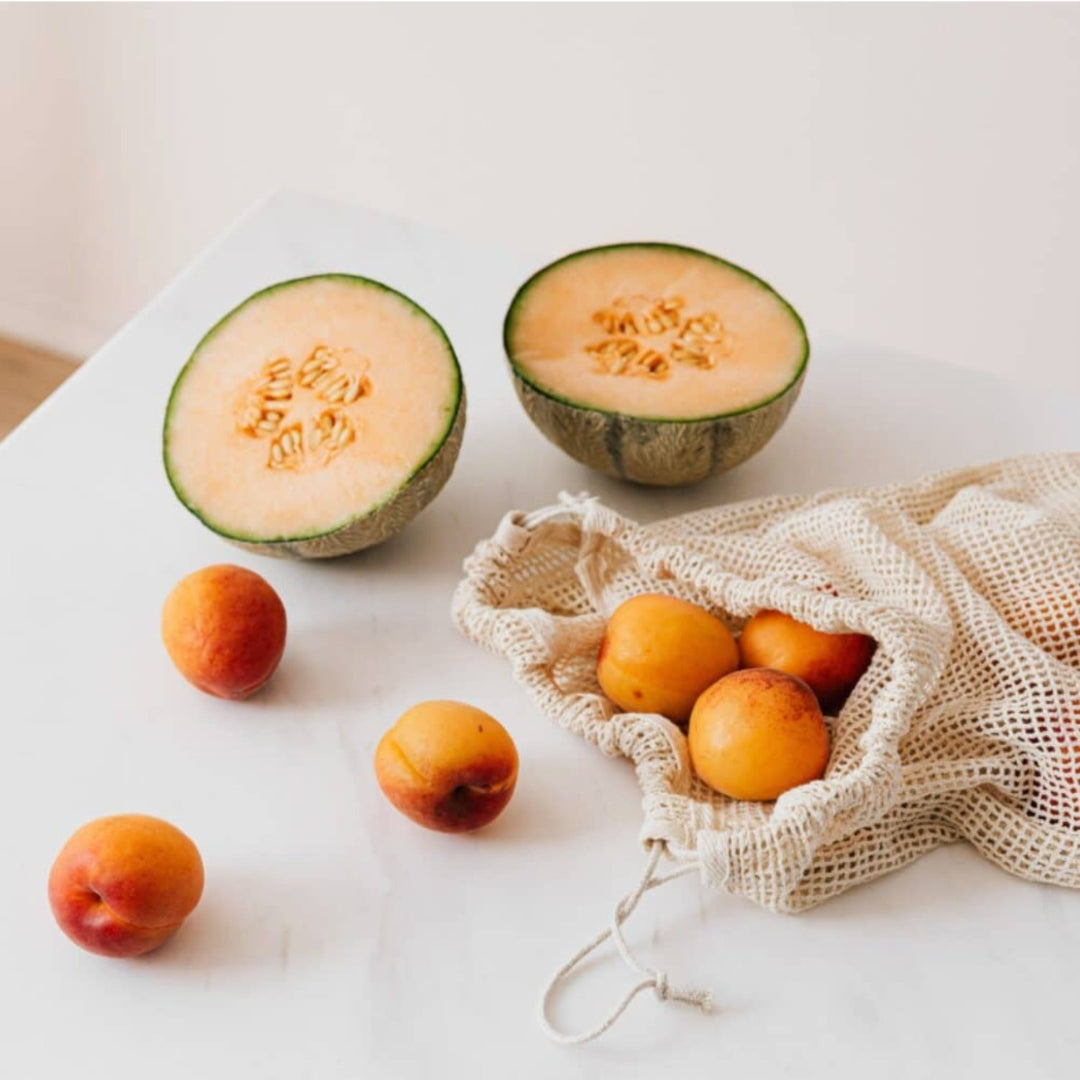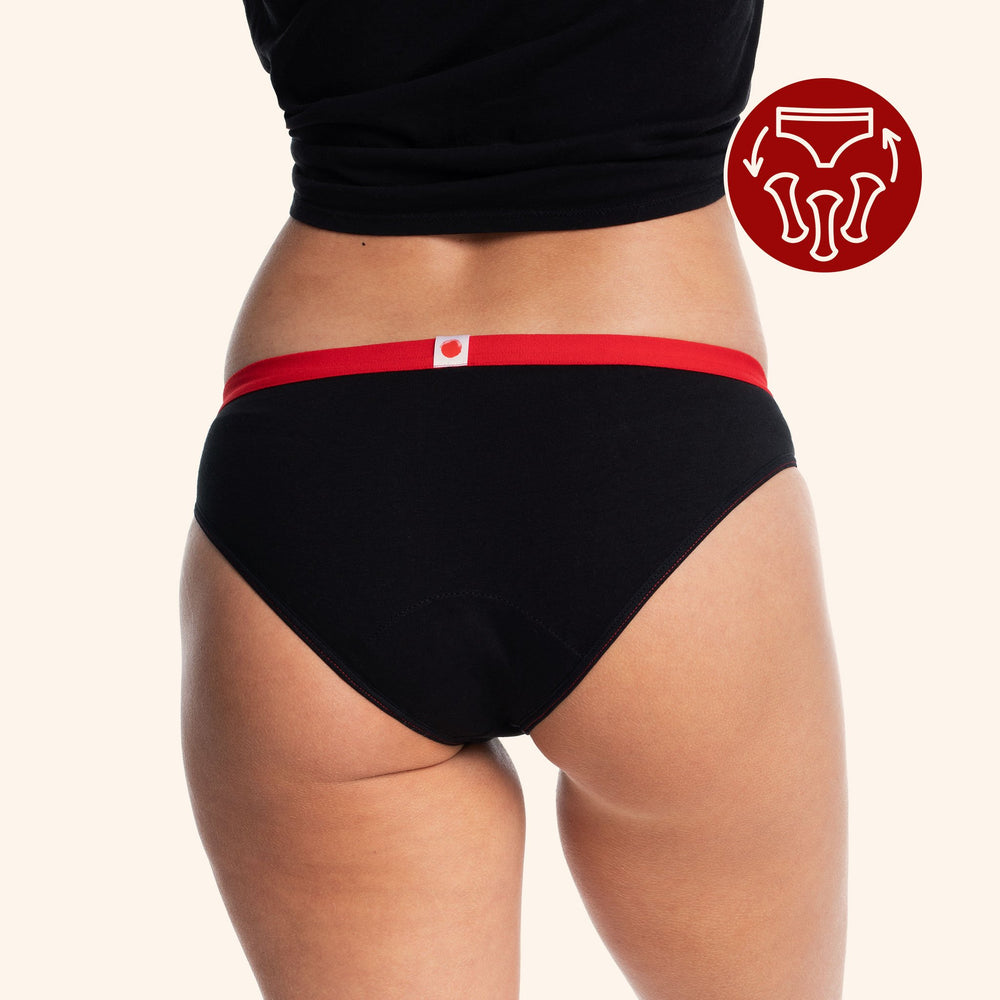If you’re one of the lucky ones whose parents explained everything, then you already have a pretty good idea of what constitutes a normal menstrual flow. Unfortunately, most people who menstruate didn’t have similar parents or access to a quality education on all things menstruation. So it can be hard to know what “a normal flow of periods” looks and feels like.
Even worse, if we’re honest, the TV ads for sports tampons haven’t really shed much light on the subject either. So how can you figure out what quantity of menstrual blood is normal versus abnormal?
Everyone has a unique menstrual flow. But there are data that offer some averages we can turn to get an idea of what constitutes a “normal amount of menstrual flow”. So here are a few answers to questions you might have about yours.

Period flows: The duration of a menstrual cycle
Everybody’s menstrual cycle has a slightly different duration. It’s good to know that your menstrual cycle isn’t only those days when you bleed. It actually entails the whole sequence of events that get the uterus ready for the possibility of pregnancy each and every month.
The cycle starts on the first day of your menstruation and ends on the day before your next menstruation. Generally speaking, this whole time frame is about 28 days. However, the range is actually 21 to 35 days. Here are a few stats you can use to determine if your flow is normal.
- Time between each menstrual period: about 28 days, plus or minus a week.
- Menstrual period: between 3 and 7 days, with an average of 5.
- Days 6 to 14: the period when the lining of the uterus thickens and an egg forms.
- Days 14 to 28: ovulation.
How old are people when they first get their periods and when they go into menopause?
People generally get their first period when they’re going into puberty, usually around 12 years old. However, it’s not uncommon for people to get it as young as 8 or 9 or as old as 16 or 17. As for when people’s periods tend to stop, the average age is 50 or 51. If you’re around that age and your period stops for a year, you’re entering menopause. After that, people can’t get pregnant anymore.
Symptoms associated with a normal period flow
In addition to the discomfort of menstrual bleeding, menstruation also comes with a lot of other symptoms. It can be hard to determine what is and isn’t normal, so if you’re not sure, don’t hesitate to get in touch with your doctor.
Here are a few common symptoms:
- Irritability or emotional fragility
- Trouble sleeping
- Specific cravings (for chocolate, chips, etc.)
- Bloating
- Painful breasts or a feeling of heaviness
- Acne
- Painful cramps (but not incapacitating) Visit your doctor if your cramps are getting in the way of you doing daily tasks.
When should you contact a doctor?
Here are a few situations that call for a doctor’s intervention.
- You’re 16 or older and there’s no sign of your period
- Sudden cessation of menstruation that lasts for over two months
- Your bleeding increases or the length of your breeding period is longer
- You experience disabling pain during menstruation
- You feel sick after using a tampon or a menstrual cup. A good option for people looking to avoid disposable products or items made of plastic such as pads or tampon is something more sustainable, like period undies and washable pads.
- If you think you’re pregnant
- If your period doesn’t come back after you stop taking hormonal birth control pills and you’re certain you’re not pregnant
- If you’re experienced irregular bleeding such as heavy bleeding or abnormal amount of blood
- For any questions about menstruation or your level of comfort and well-being.
Menstrual flows are different for everyone. However, there are data that suggest norms. If you’ve got doubts about anything related to your menstrual flow, or you’re experiencing intense pain, irregular periods or heavy menstrual bleeding, visit your doctor as soon as possible. Mme L’Ovary is proud to help people who menstruate lead better lives and better understand their menstrual cycles.















